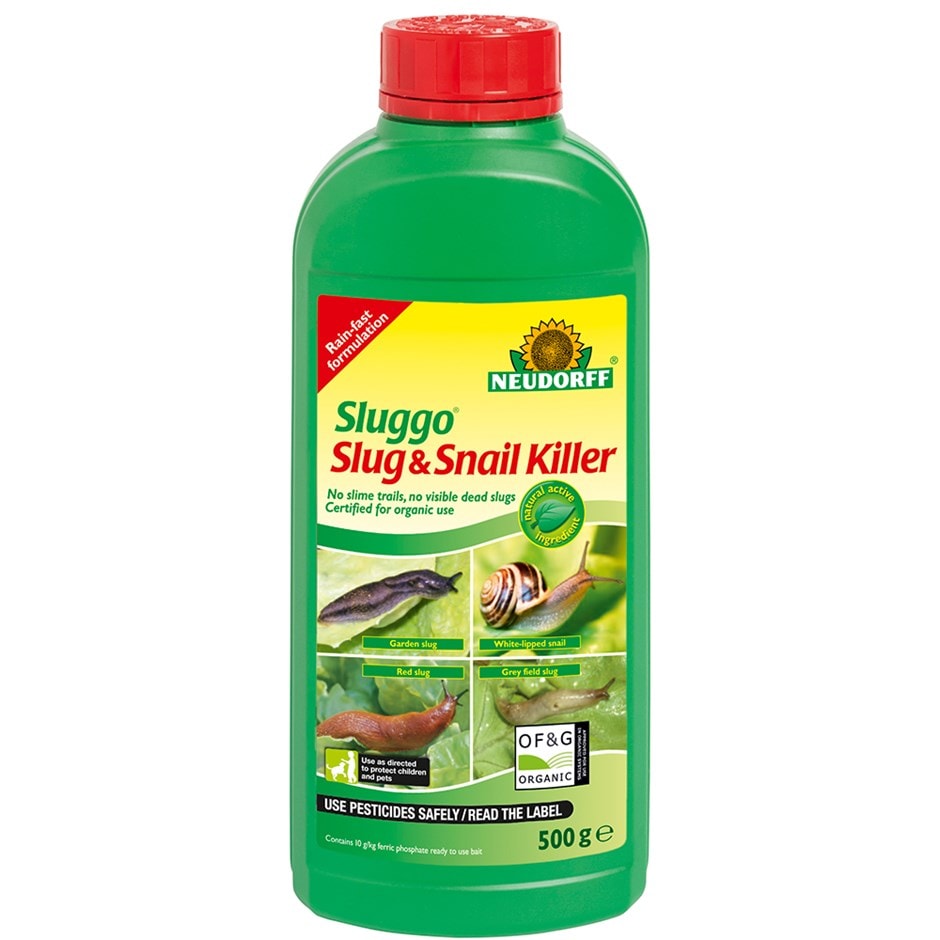Organic Slug and Snail Control: A Slimy Dilemma
Welcome to the wonderful world of organic gardening, where we strive to live in harmony with nature while growing our own food. However, every garden has its pests, and one particularly slimy duo that can wreak havoc on our beloved plants are slugs and snails. These sneaky critters seem to appear out of nowhere, leaving a trail of destruction in their wake. But fear not! We’ve got some organic slug and snail control methods up our sleeves that will have these gastropods running for cover.
1. Beer traps: Slugs and snails love their booze as much as any party animal. Simply bury a small container (like a yogurt cup) up to its rim near your vulnerable plants and fill it halfway with beer. The smell will lure them in, but once they fall into the trap, they won’t be able to resist taking a dip in the brew – which proves fatal for them.
2. Copper barriers: Slugs and snails have an aversion to copper due to a chemical reaction it creates when they come into contact with it. So consider placing strips or rings of copper around your plant beds or pots as a barrier that these slimy intruders won’t dare cross.
3. Eggshell defense: Save those eggshells from your morning omelets! Crushed eggshells scattered around the base of susceptible plants create an unpleasant terrain for slugs and snails to navigate through, deterring their progress towards your precious greens.
4. Coffee grounds: Not only do coffee grounds give you an energy boost in the morning; they also act as natural repellents against slugs and snails thanks to their acidity levels. Sprinkle used coffee grounds around your plants’ bases like fairy dust, creating an inhospitable environment for these unwelcome guests.
5. Diatomaceous earth (DE): This organic powder, made from fossilized remains of marine phytoplankton, acts as a natural insecticide. When slugs and snails encounter DE, it dehydrates their bodies and causes them to perish. Simply sprinkle a thin layer around your plants but be cautious not to inhale the dust yourself.
6. Handpicking: Sometimes old-fashioned methods work best. Slugs and snails are most active during nighttime or on rainy days, so grab a flashlight and venture into your garden armed with gloves. Carefully pick them off your plants one by one and relocate them far away or introduce them to more suitable habitats like compost piles.
7. Natural predators: Nature has its own way of dealing with pests. Encourage beneficial wildlife such as frogs, toads, birds, hedgehogs, or even ducks to visit your garden – they’ll gladly feast on these slimy invaders while adding charm to your outdoor space.
8. Salt-free zone: While salt may seem like an effective solution for slug control at first glance, it’s important to note that it can also harm other desirable creatures in your garden due to its high sodium content. So let’s keep the salt shaker in the kitchen for seasoning our meals rather than using it as a weapon against slugs and snails.
9. Companion planting: Some plants naturally repel slugs and snails due to their scent or texture. Consider including plants like lavender, rosemary, thyme, sage, mint, fennel, or garlic in your garden beds as companions for vulnerable crops – acting both as deterrents and culinary delights!
10. Raised beds: Creating raised beds can help reduce slug problems since these creepy crawlies prefer ground-level access points where they can easily reach their favorite plant buffet spread out below them.
11. Mulch management: Slugs love hiding under mulch during hot summer days when soil temperatures rise above their comfort levels. Regularly inspect your mulch for slugs, and if you find any, remove and dispose of them accordingly.
12. Neem oil: Derived from the neem tree, this organic oil acts as a natural repellent against slugs and snails while also deterring other pests like aphids or mites. Dilute neem oil according to the instructions on the bottle and apply it to susceptible plants using a spray bottle or brush.
In conclusion, dealing with slugs and snails in an organic garden may require some creativity, but with these methods at your disposal, you can protect your plants without resorting to harmful chemicals. Remember that prevention is key – maintaining good garden hygiene by removing debris or excess moisture will discourage these slimy invaders from making themselves at home in your precious patch of greenery. Happy gardening!


Leave a comment